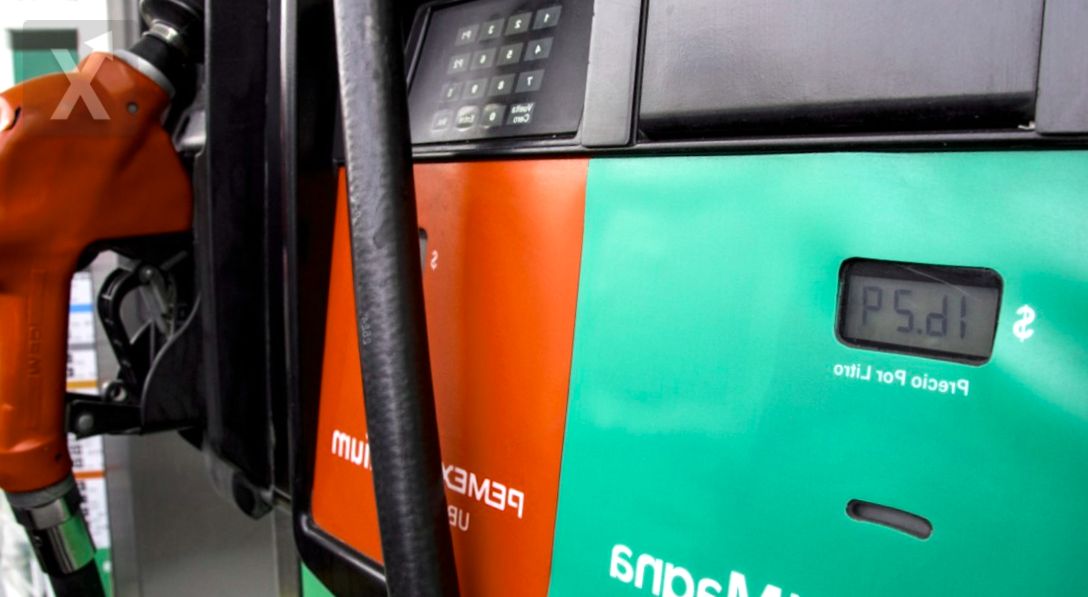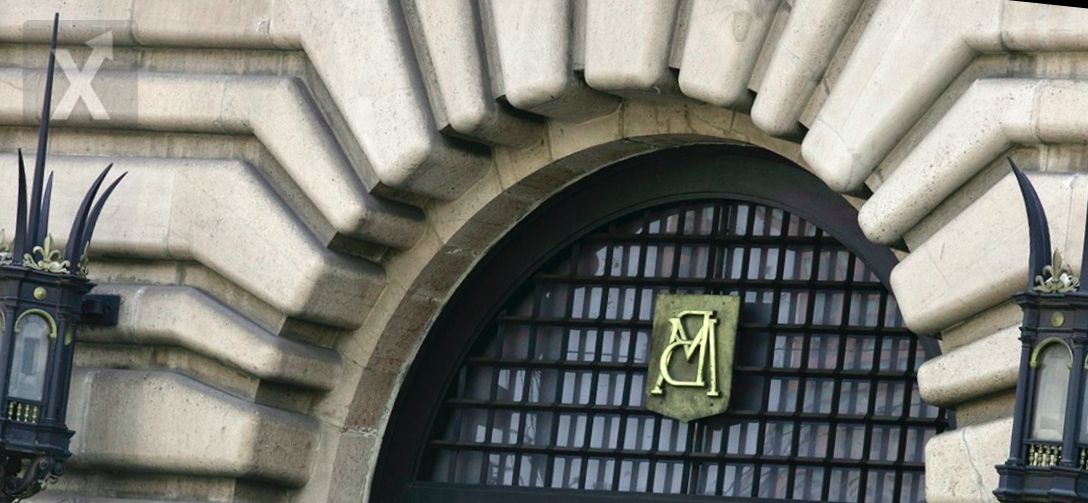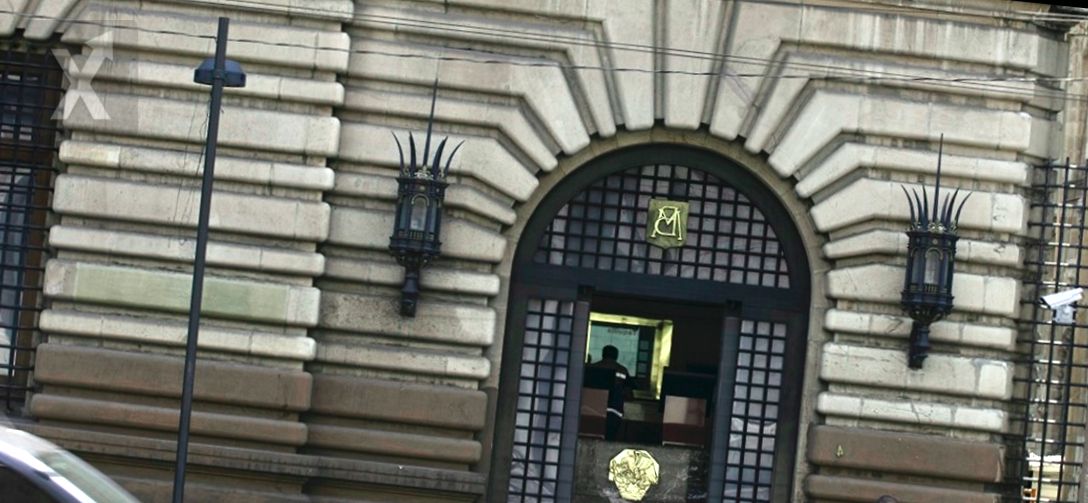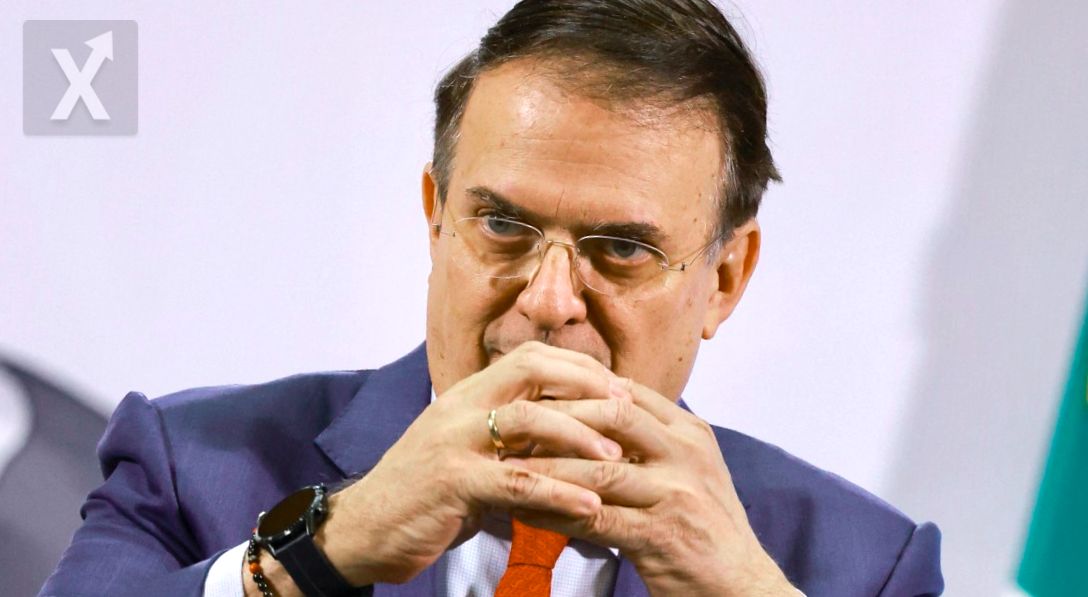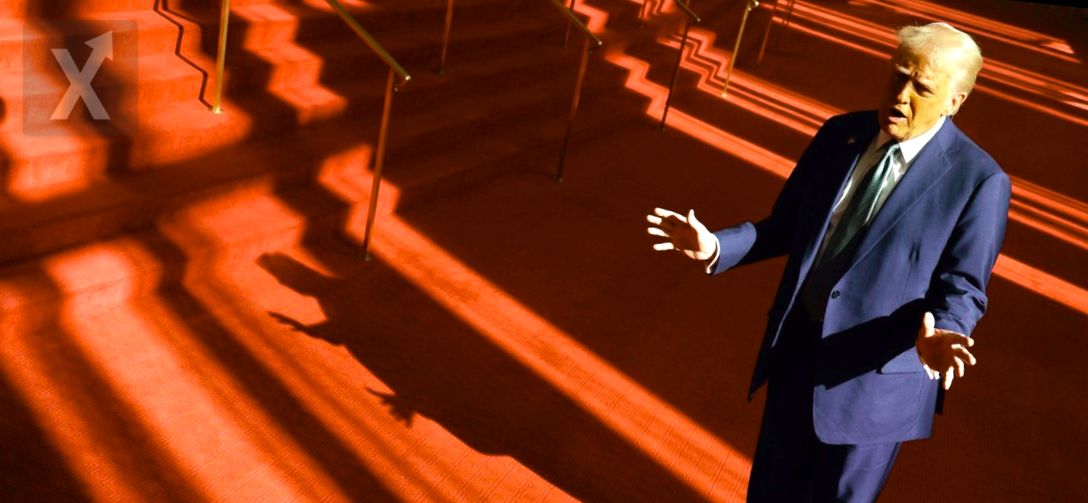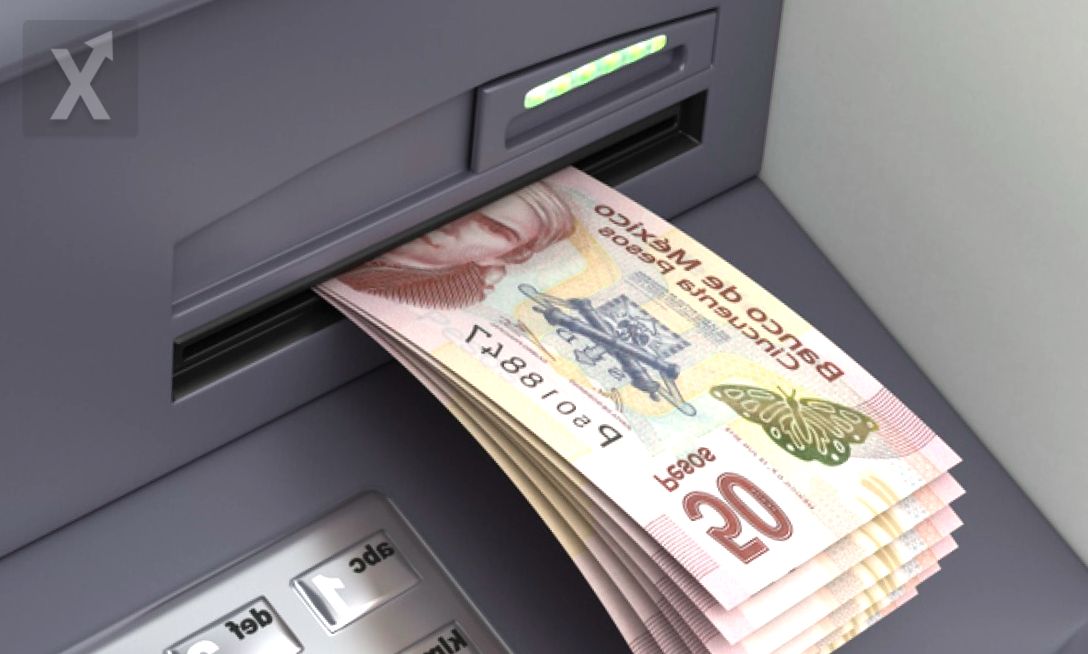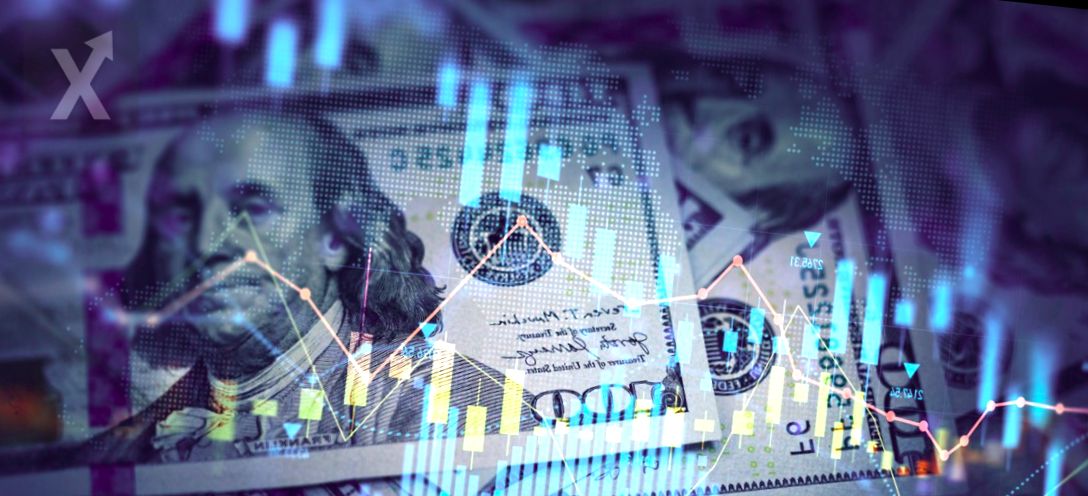Trump Urges Lower Interest Rates in the U.S. Amid New Tariffs
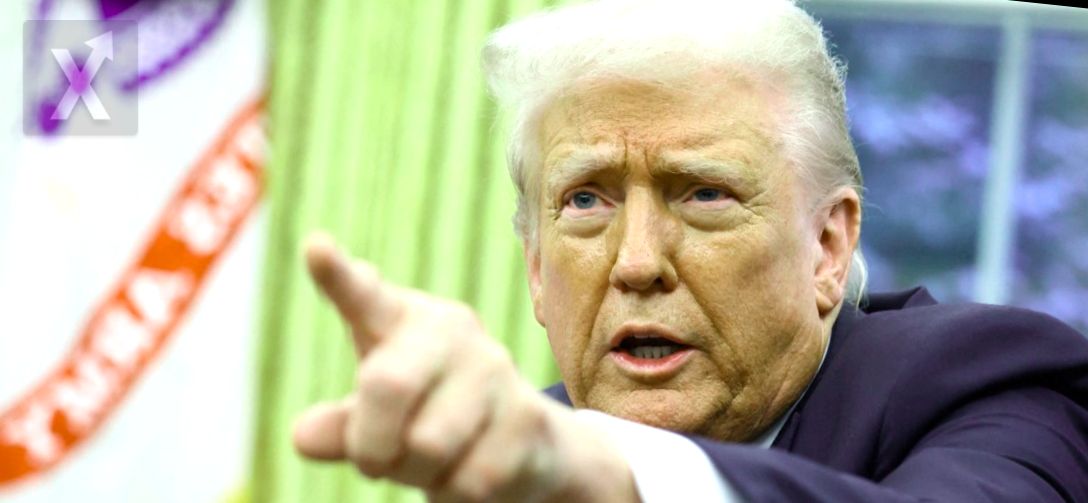
President Donald Trump requested on Wednesday that interest rates in the United States be lowered, aiming to influence the policies of the Federal Reserve (Fed), an independent entity. "It would be ideal if they lowered interest rates, as that would complement the upcoming tariffs," the president expressed through his account on Truth Social.
On Tuesday, Jerome Powell, chair of the Fed, stated in a hearing before senators that the bank is in no rush to change its monetary policy. Without yielding to Trump’s pressures and in a setting where economic indicators remain stable, with a slight uptick in inflation, the top officials at the central bank decided at the end of January to keep rates in a range of 4.25% to 4.50%, still above their long-term target of 2.0%. "Loosening policy too quickly or excessively could undermine progress on inflation," Powell remarked. Although Trump doesn't have direct influence over the Fed, since returning to the White House on January 20, he has repeatedly insisted on the need to lower the rates. Additionally, on Monday, the Trump administration imposed a 25% tariff on steel and aluminum imports. He has also threatened to implement blanket tariffs on all products from the U.S.'s main trading partners, measures that would undoubtedly drive up prices domestically.
It's important to note that monetary policy decisions can have profound effects on the economy. Lowering interest rates could stimulate investment and consumption, but it could also lead to higher inflation if not managed properly, making it critical for the Fed to find a balance between growth and price control.
